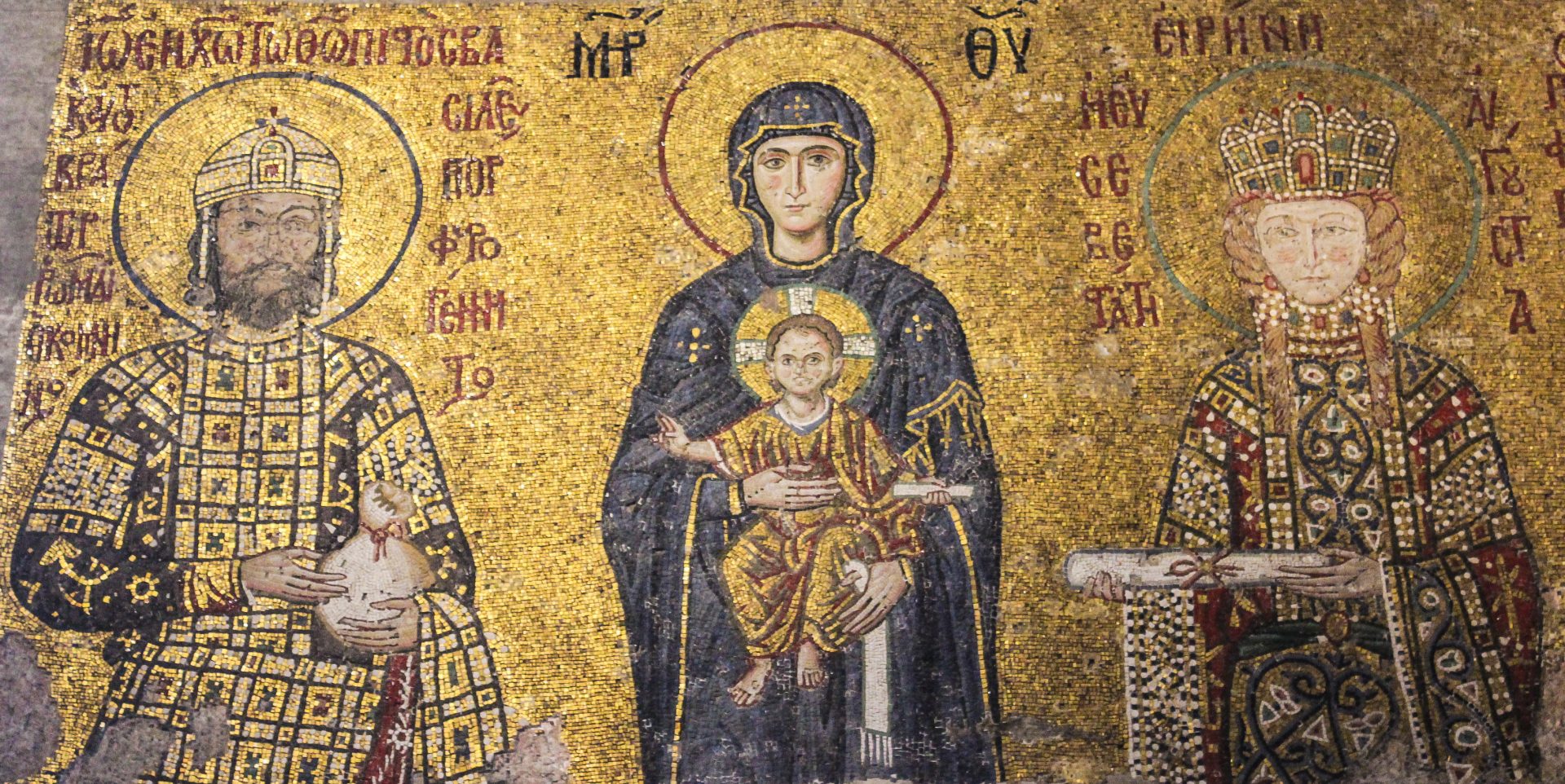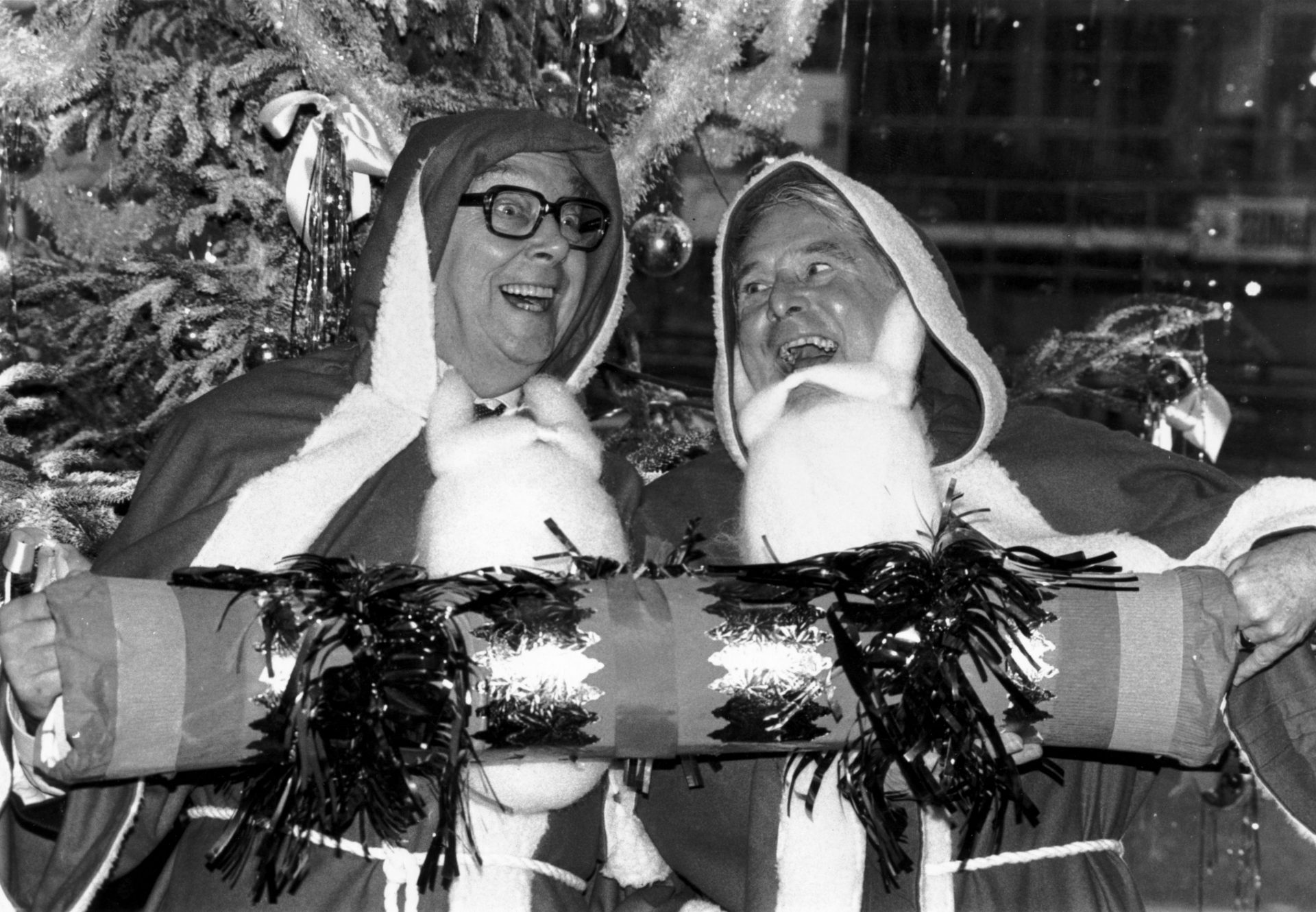For hundreds of millions of Christians in the Western world, this is the best time of the year. Bells ring, carols sung, and believers celebrate that world-changing event: the birth of Jesus of Nazareth, who opened his eyes in a remote stable in Bethlehem, and was soon to share the ‘good news’ that would transform humanity forever. It is also the time for the now traditional debate across the Western world about whether the very term ‘Merry Christmas’ is offensive.
This year, in the UK, it was Good Morning Britain that kicked off the annual spat with a heated discussion about whether people should say “Happy Holidays”, instead, for fear of upsetting those from other religions.
But for us Muslims, this concern seems unnecessary. On the contrary, sharing celebrations can bring communities together – should I not invite my Christian friends to eat with me to celebrate Eid?
There are deeper, doctrinal reasons to reject the idea of this celebratory schism. Because Christianity isn’t even the only religion on Earth whose scripture rejoices in the birth of Jesus.
In this, it is joined by Islam, and its scripture, the Qur’an.
Surprising? In a sense. The Christian Bible and the Qur’an seem, at first sight, to be such vastly different texts, with contrasting styles and origins. The New Testament is effectively an anthology of religious texts and allegorical stories, written by a number of authors well after Jesus’ crucifixion, while the Qur’an – which includes many exhortations on how to behave in daily life – is held to be the recitation, by the Prophet Muhammad, of the word of God as revealed to him.
Moreover, in today’s world, the two religions can, at times, seem far apart, set against each other.
However, both holy books have overlapping ethical messages, such as humility and righteousness, and share a surprising number of narratives, including the Garden of Eden, The Flood, Moses and the liberation of Israel, and how Abraham was reprieved by God from sacrificing his son, replacing him with a ram – a tale at the heart of the Islamic Eid.
And then there’s Mary and Jesus. In the Qur’an, Mary, has her own ‘sura’, or chapter, entitled Maryam (the Arabic version of her name).
Remarkably, she is the only female character mentioned by name in the whole of the Qur’an, which even goes as far as saying that God had chosen her “above all other women”, giving her the highest possible honour.
Why is Mary considered so special? The Qur’an’s answer is in parallel with the Gospel of Luke – that she was a pious and chaste woman, who was chosen by God to bear a blessed son.
When told this news by angels, the Qur’an tells us, Mary was, at first, surprised. “My Lord! How can I have a son when no man has ever touched me?” she asks.
The angels reassure her, by replying: “It will be so. God creates whatever He wills. When He decides on something, He just says to it, ‘Be!’ And it is.”
These verses are from another Qur’anic chapter entitled Family of Imran, which, according to the Islamic text, is Mary’s family. These passages, together with others across the Qur’an, confirm a fundamental Christian doctrine: that Jesus Christ – Isa al-Masih, in Qur’anic Arabic – was miraculously born of a virgin, with no biological father.
That’s not to say the two religions see Jesus in exactly the same way. The Qur’an does not embrace the traditional meaning that Christians attribute to the virgin birth: that the father of Jesus was God, the Father. This Christian belief, enshrined in the doctrine of the Trinity, is unacceptable to Islam’s uncompromising monotheism, which finds a better parallel, and precedent, in Judaism.
This is probably why the Qur’an repeatedly calls Jesus the son of Mary – to emphasise that he is not seen as the son of God.
However, in the Qur’an, Jesus is praised as a great prophet, a ‘mercy’ from God, as well as a ‘witness’ and ‘example’ for the people.
His miracles are confirmed, his disciples commended. He is praised with theologically loaded terms, such as Spirit of God.
The Qur’an even calls Jesus the Word of God. This term has puzzled Muslim exegetes and intrigued their Christian counterparts since the earliest encounters between the two faiths because it is reminiscent of the definition of Christ as the divine ‘Word’ that “became flesh and dwelt among us” – words from John’s gospel that you, and maybe Muslim friends accompanying you, will no doubt hear in hymns and choral works sung in churches, broadcast on the television or played on the radio over the festive period.
Other details in the Qur’an may surprise Western Christians: Mary grows up in the Temple under the protection of Zacharias, she gives birth to Jesus not in Bethlehem but under a palm tree in the wilderness. Baby Jesus speaks from the cradle, to defend his mother against accusations of adultery, and performs a miracle: creating a live bird from a piece of clay.
None of this is in the New Testament. But these details can be found, with slight nuances, in other Christian sources: The Protoevangelium (or Gospel) of James, the Syriac Infancy Gospel, and the Infancy Gospel of Thomas. All are Eastern Christian texts, historically deemed “apocryphal”, or doubtful.
But their unmistakable parallels with the Qur’an have pushed scholars to seek the nexus between some lost strains of Christianity and the very foundations of Islam.
Muslims and non-Muslims would probably disagree about the exact nature of that connection. For the latter, the Qur’an must be the result of human borrowing from earlier sources, but for Muslims, it is the divine revelation of the last prophet, Muhammad.
We can still agree, however, that Islam and Christianity, these two great religions of our troubled world, are deeply connected and have much in common.
And we can all find inspiration in the timeless ethical wisdom of Jesus of Nazareth, and see meaning in his birthday.
Therefore, as a Muslim, I don’t see why Christmas greetings should be held back, or that every faith tradition must be reduced to a colourless ‘holiday’.
Rather, I respect Christians celebrating the birth of Jesus Christ, that most amazing man.
And I believe Muslims can join their Christian neighbours in saying: “Merry Christmas!”
Mustafa Akyol is a senior fellow on Islam and modernity at the Cato Institute and the author of The Islamic Jesus.



